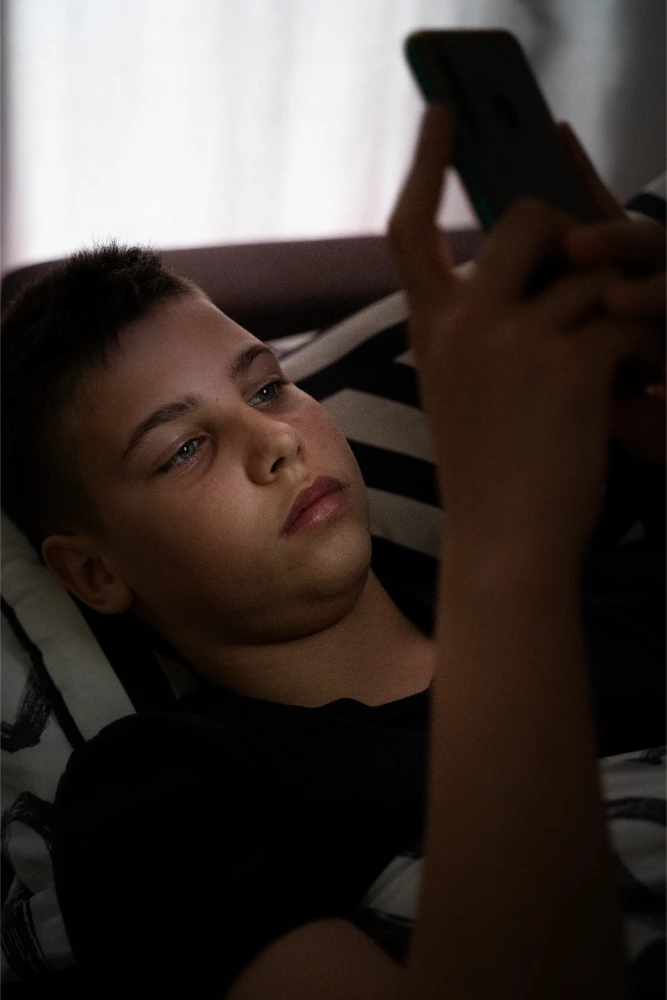rapid growth and pervasive influence have raised concerns about its effects on mental health, particularly among adolescents and young adults. While social media platforms provide opportunities for socialization and self-expression, research has increasingly highlighted the negative psychological consequences of excessive use, including heightened levels of anxiety, depression, and sleep disturbances. Studies have shown a strong link between increased social media use and mental health challenges, especially when users engage in addictive behaviors, face cyberbullying, or experience negative comparisons.
The Negative Impact of Social Media on Mental Health
Research has consistently shown that excessive use of social media can lead to various mental health issues, especially among adolescents and young adults. Studies have linked increased social media use to higher rates of anxiety, depression, and feelings of loneliness. The constant exposure to curated images and lifestyles can foster unrealistic comparisons, leading to lower self-esteem and body image issues. Furthermore, the addictive nature of platforms, driven by likes, comments, and constant notifications, can create a cycle of dependency, further intensifying feelings of stress and inadequacy. Additionally, sleep disruption is a common issue, as late-night scrolling affects rest patterns, which in turn, exacerbates mental health problems.
The Role of Social Media in Promoting Cyberbullying and Online Harassment



Another significant concern associated with social media is the rise of cyberbullying and online harassment. Social platforms provide anonymity, which can encourage harmful behavior, and young people, in particular, are vulnerable to online bullying, shaming, and exploitation. Studies reveal that a considerable portion of teenagers experience negative interactions online, with some leading to severe consequences such as suicidal thoughts or emotional trauma. The digital nature of these interactions means that bullying can occur 24/7, with the bullying often following the victim wherever they go, further compounding the emotional impact.
The Positive Potential of Social Media for Mental Health Awareness and Support
While social media does pose mental health risks, it also has a positive side when used mindfully. Platforms have become powerful tools for raising awareness about mental health issues, helping to break the stigma surrounding them. Many individuals share their personal mental health journeys, fostering a sense of community and support. Social media has also played a key role in promoting resources, advocacy, and connections to mental health services. Online groups and support networks allow individuals to find solidarity with others facing similar challenges, creating a virtual environment for empathy, encouragement, and understanding. When used responsibly, social media can be a tool for both awareness and healing.